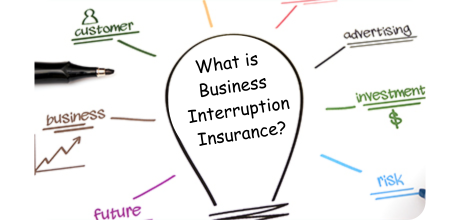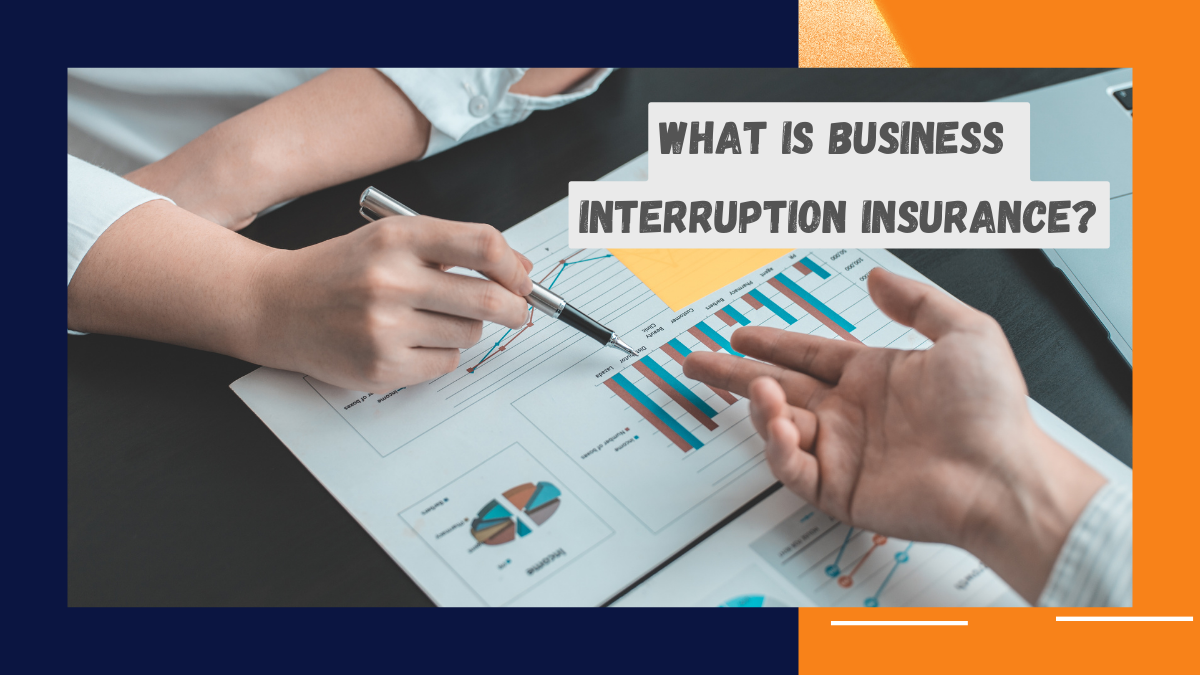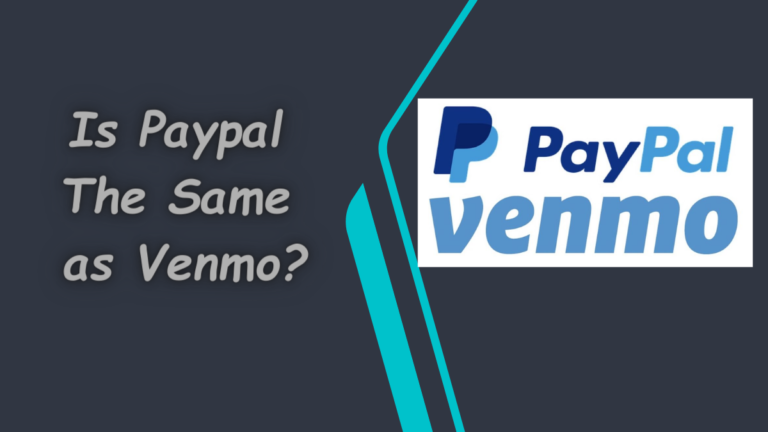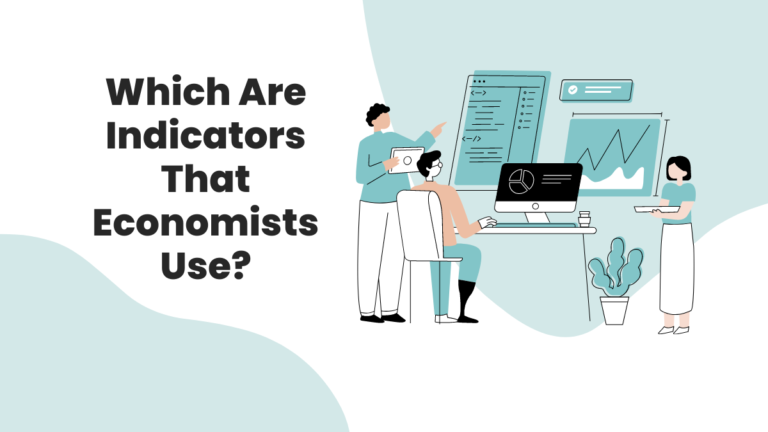What Is Business Interruption Insurance?
Are you a business owner who wants to protect your company from unforeseen disasters? Look no further! In today’s blog post, we will dive into the world of business interruption insurance and explore how this remarkable policy can safeguard your enterprise.
Whether it’s a natural disaster, equipment breakdown, or even a global pandemic, understanding the ins and outs of this vital coverage is essential for any entrepreneur. So grab a cup of coffee, sit back, and prepare to discover why business interruption insurance might just be the lifesaver your business needs in times of crisis.
Table of Contents
What is Business Interruption Insurance?
Business interruption insurance is a type of insurance that can help businesses recover from a loss of income after a covered event. This type of policy can cover lost revenue, expenses, and profits. It can also help with the costs of relocating or rebuilding your business.

Types of Business Interruption Policies
There are three main types of business interruption policies: indemnity, extra expense, and civil authority.
- Indemnity policies reimburse the policyholder for the lost business income that results from a covered peril.
- Extra expense policies reimburse the policyholder for the necessary and reasonable expenses incurred to minimize the loss of business income.
- Civil authority policies reimburse the policyholder for the loss of business income that results from a government order to evacuate an area due to a covered peril.
Benefits of Business Interruption Insurance
Business interruption insurance can provide crucial financial protection for your business in the event of a disaster. If your business is forced to close due to damage from a fire, severe weather, or other covered event, business interruption insurance can help replace lost income and cover expenses like payroll and rent.
This type of coverage can be vital for small businesses in particular, as they may not have the financial cushion to weather a prolonged closure. Business interruption insurance can help keep your business afloat until you’re able to reopen your doors.
How Much Does Business Interruption Insurance Cost?
Business interruption insurance can cost anywhere from a few hundred to a few thousand dollars per year, depending on the size and scope of your business. The amount of coverage you need will also affect the cost of your policy.
How to Choose the Right Business Interruption Policy?
Business interruption insurance is a type of insurance that can help protect your business from the financial losses that can occur if your business is forced to close or suspend operations due to a covered event. But with so many different types of policies available, how do you choose the right one for your business?
Here are a few things to consider when choosing a business interruption policy:
There are three basic types of business interruption insurance: property damage, civil authority, and contingent business interruption.
- Property damage coverage can protect your business if it is forced to close due to damage to your property from a covered event.
- Civil authority coverage can protect your business if it is forced to close due to an order from a civil authority, such as a government order to evacuate an area due to a natural disaster.
- Contingent business interruption coverage can protect your business if it is forced to close due to the interruption of operations at another company that you are dependent on, such as a supplier.
Most policies will cover events like fire, flooding, and wind damage. But some policies will also cover other events like theft, vandalism, or even civil unrest. Make sure you know what perils are covered by the policy you are considering.
Every policy has limits and deductibles that apply. The limit is the maximum amount that the insurer will pay out under the policy.
Common Exclusions in Business Interruption Policies
There are a number of common exclusions in business interruption policies. These include:
- Events that are not covered by the policy: Some business interruption policies only cover certain types of events, such as fire or flooding. Others may exclude events that are not covered by the policy, such as theft or vandalism.
- Losses that are not caused by the event: Business interruption policies typically only cover losses that are directly caused by the event that is covered by the policy. For example, if a fire damages your premises and you have to close your business for a period of time, your policy will usually cover the loss of income during this period. However, if you have to close your business because of power shortages caused by the fire, this would not be covered as it is not directly caused by the fire itself.
- Losses that are not financial in nature: Business interruption policies typically only cover financial losses, such as loss of income or profits. They will not usually cover non-financial losses, such as damage to reputation or loss of customers.
- Losses that occur after the policy expires: Most business interruption policies have a limited duration and will only cover losses that occur during the period of insurance. Any losses that occur after the policy has expired will not be covered.
- Losses that exceed the limit of indemnity: Business interruption policies usually have a limit on the amount of indemnity paid out for any one claim.
Pros and Cons of Business Interruption Insurance
Business interruption insurance is designed to protect businesses from the financial losses that can result from a sudden interruption in their operations. This type of insurance can provide coverage for lost income, expenses related to relocating the business, and other financial losses that may occur as a result of the interruption.
There are both pros and cons to consider when determining if business interruption insurance is right for your business. Some of the potential advantages of this type of coverage include:
- Protection against lost income: If your business is forced to close temporarily due to an unexpected event, business interruption insurance can help replace some of the lost income.
- Coverage for additional expenses: In addition to lost income, business interruption insurance can also cover additional expenses incurred as a result of the interruption, such as the cost of relocating your business.
- Peace of mind: Knowing that you have this type of coverage in place can provide peace of mind in knowing that your business has some protection against financial losses due to an unexpected interruption.
However, there are also some potential drawbacks to consider with business interruption insurance, including:
- The cost: Business interruption insurance can be expensive, and the premiums may not be worth the cost if your business is unlikely to experience a significant interruption.
- Limited coverage: This type of insurance typically only covers lost income and additional expenses incurred as a direct result of the interruption. It does not cover other types of losses that may occur, such as damage to property or equipment.
- Exclusions: Many policies have exclusions that limit the types of events that are covered, such as floods, earthquakes, and other natural disasters. Be sure to read your policy carefully so you understand what is and isn’t covered.
Conclusion
Business interruption insurance is a vital component of protecting your business in the event of an unexpected hardship. By understanding what business interruption insurance covers, you can make sure that you have all the necessary coverage to keep your operations running smoothly and cover any losses incurred due to unforeseen circumstances.
With this knowledge in hand, you can be sure that no matter what happens, your business will remain protected and ready to serve its customers.






